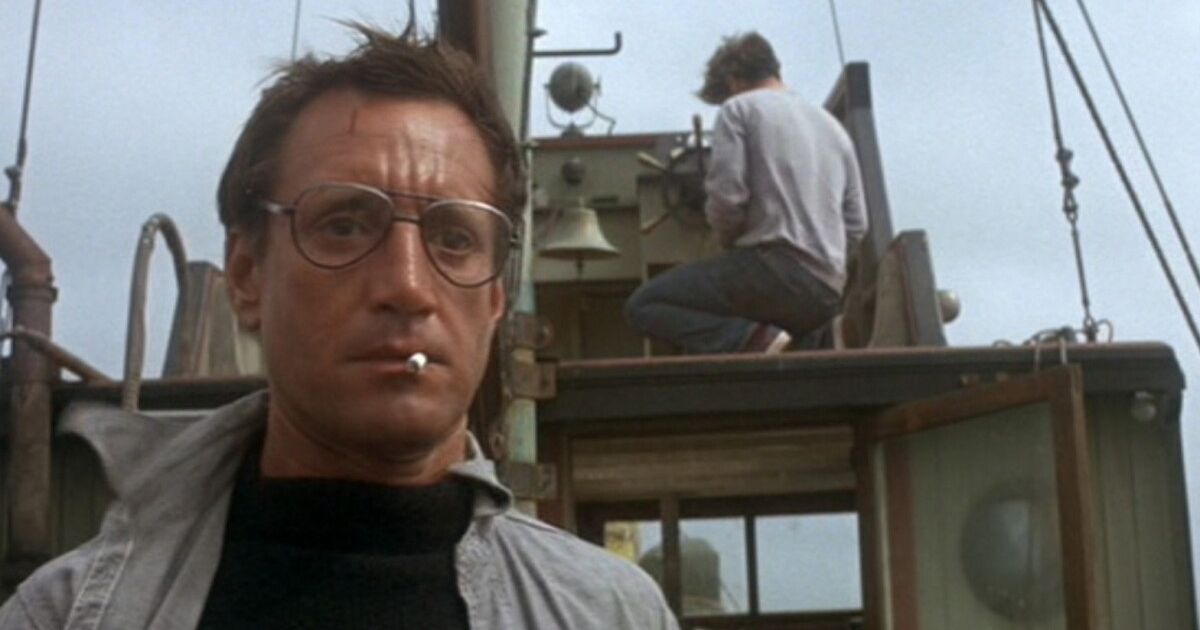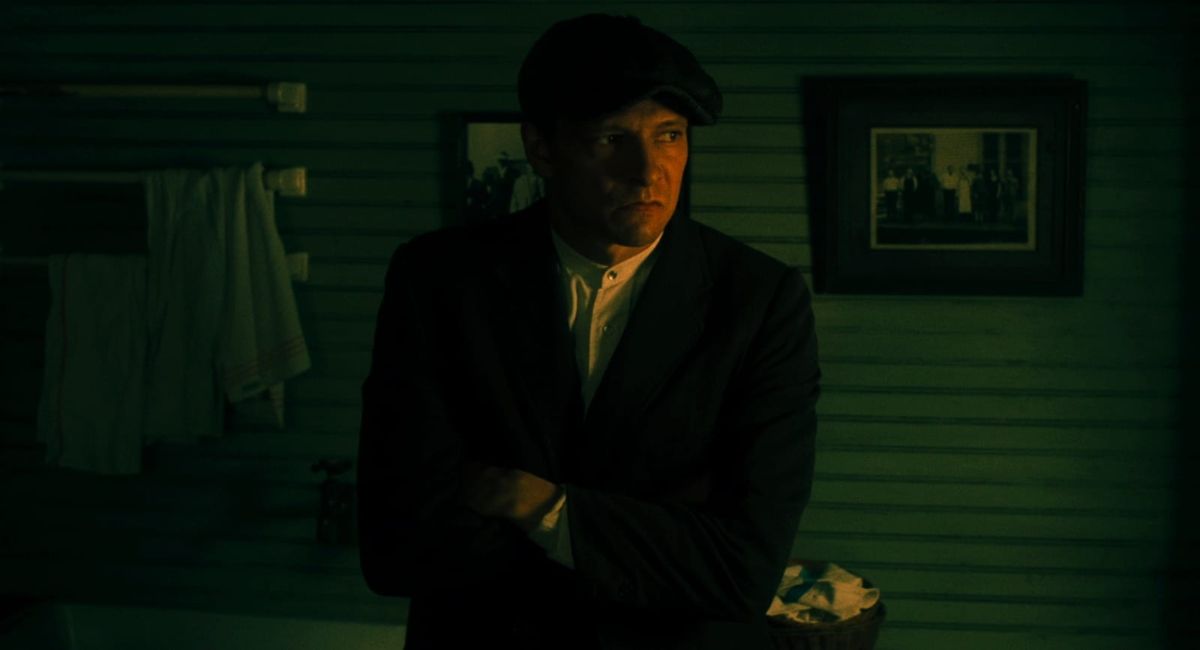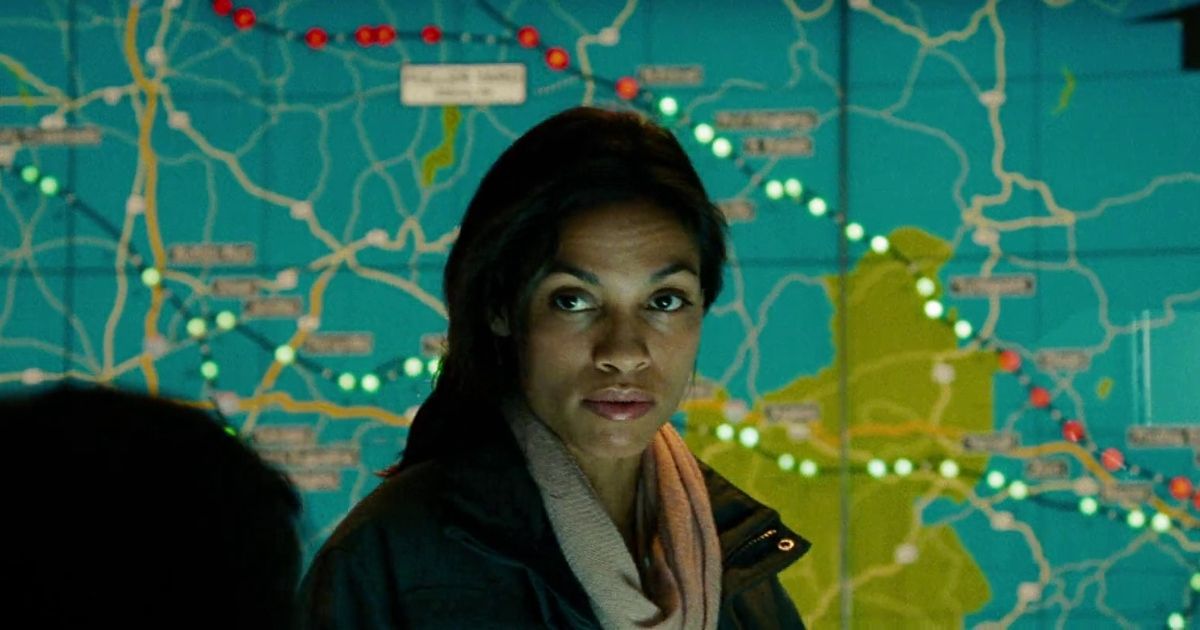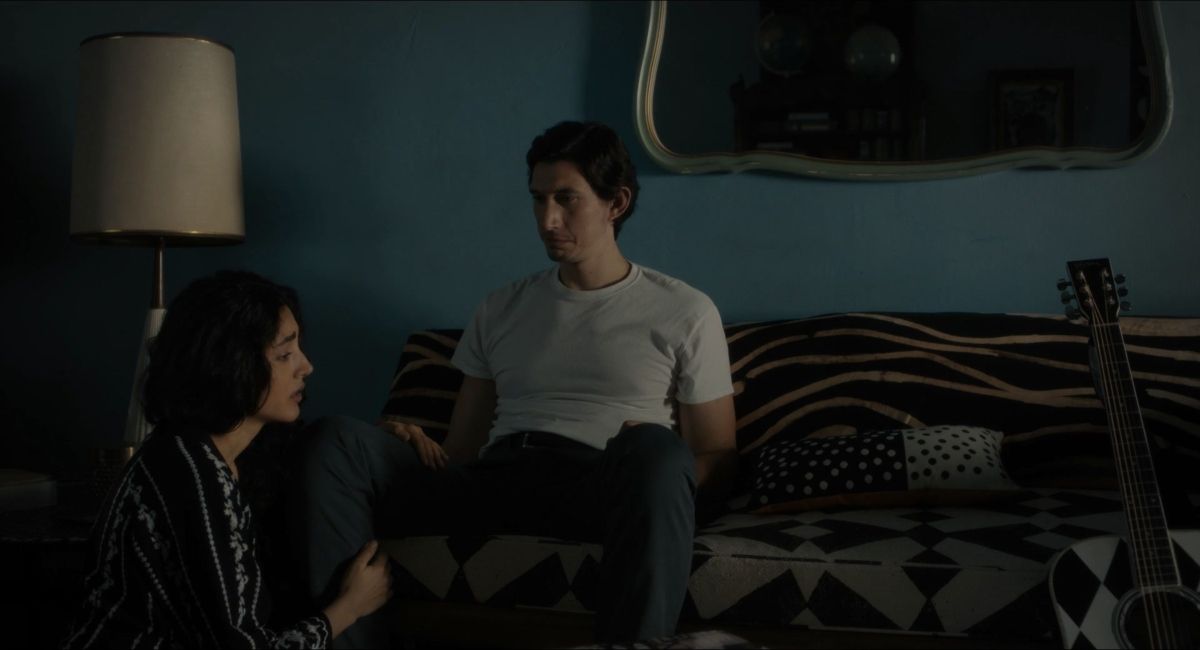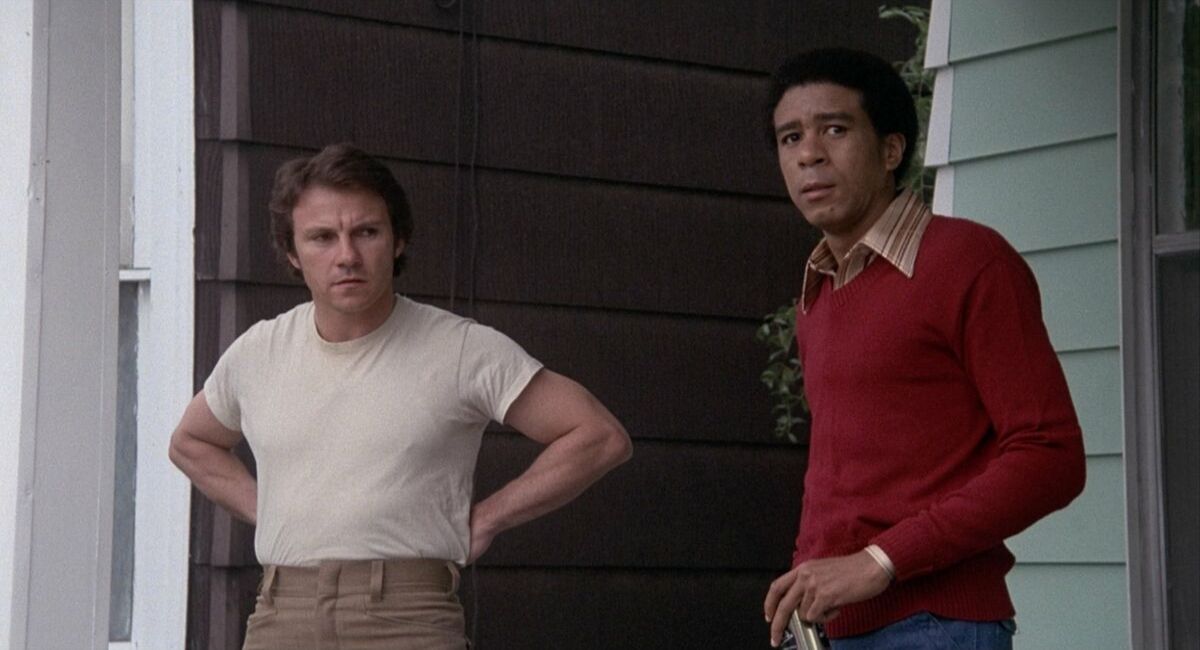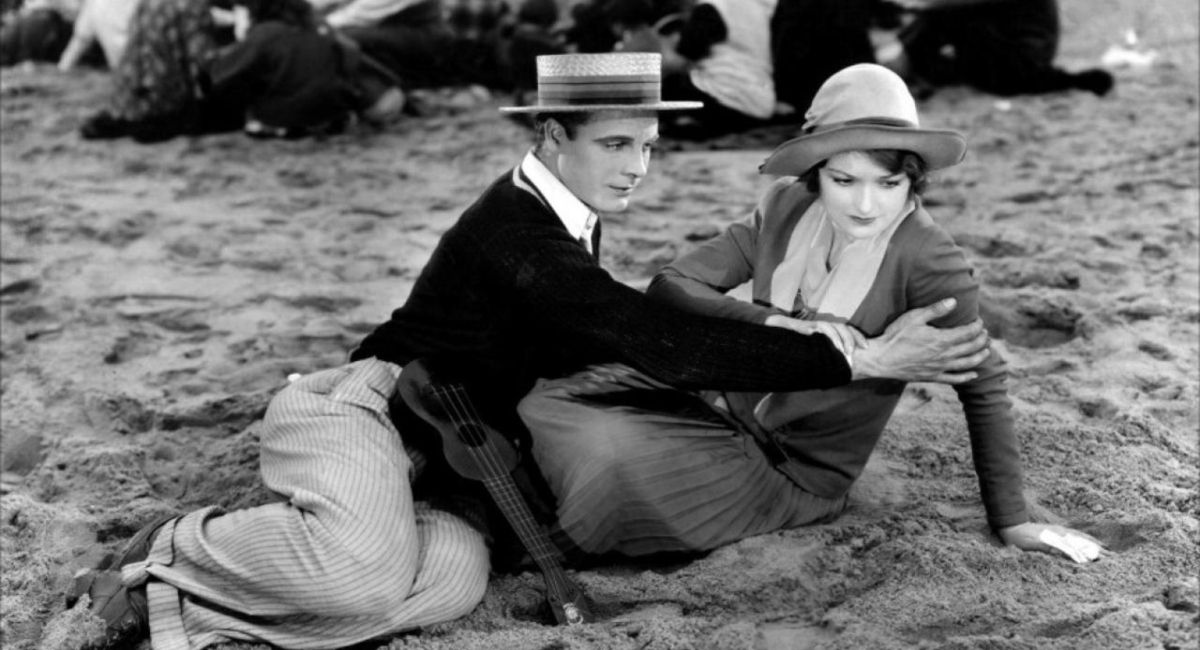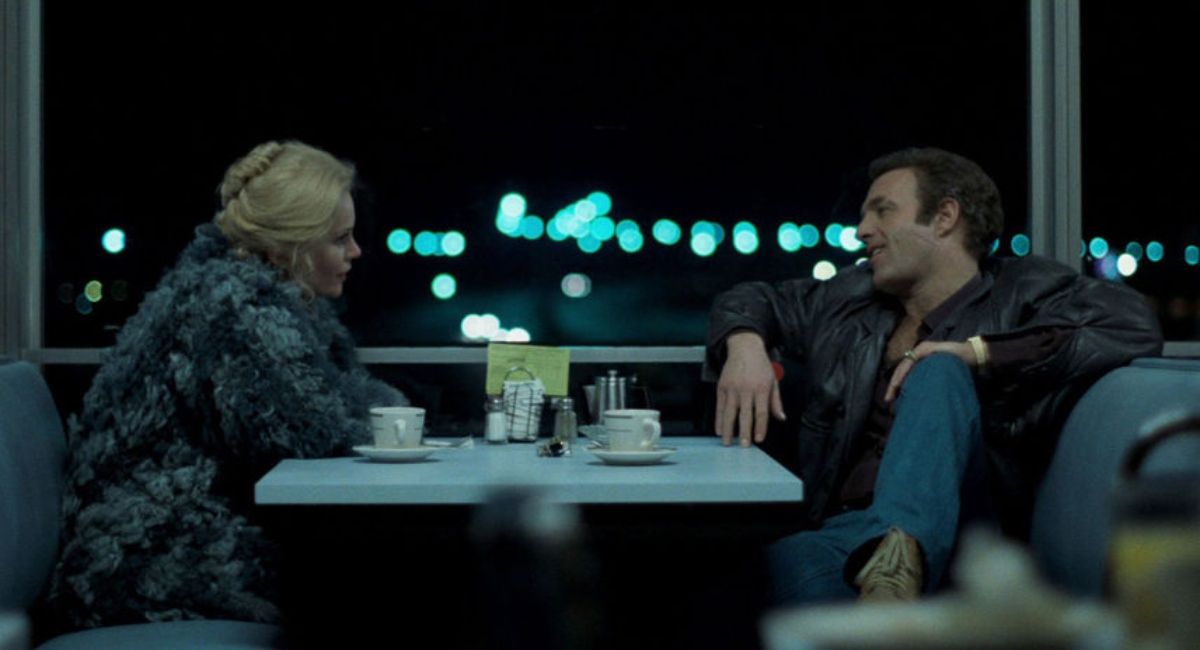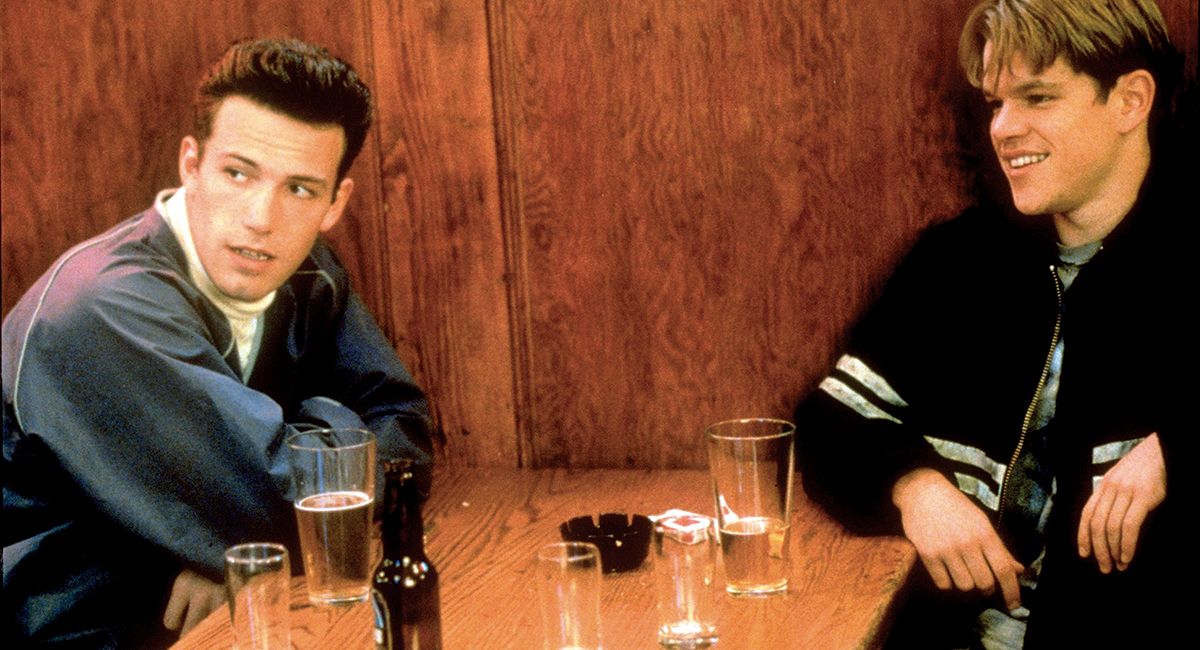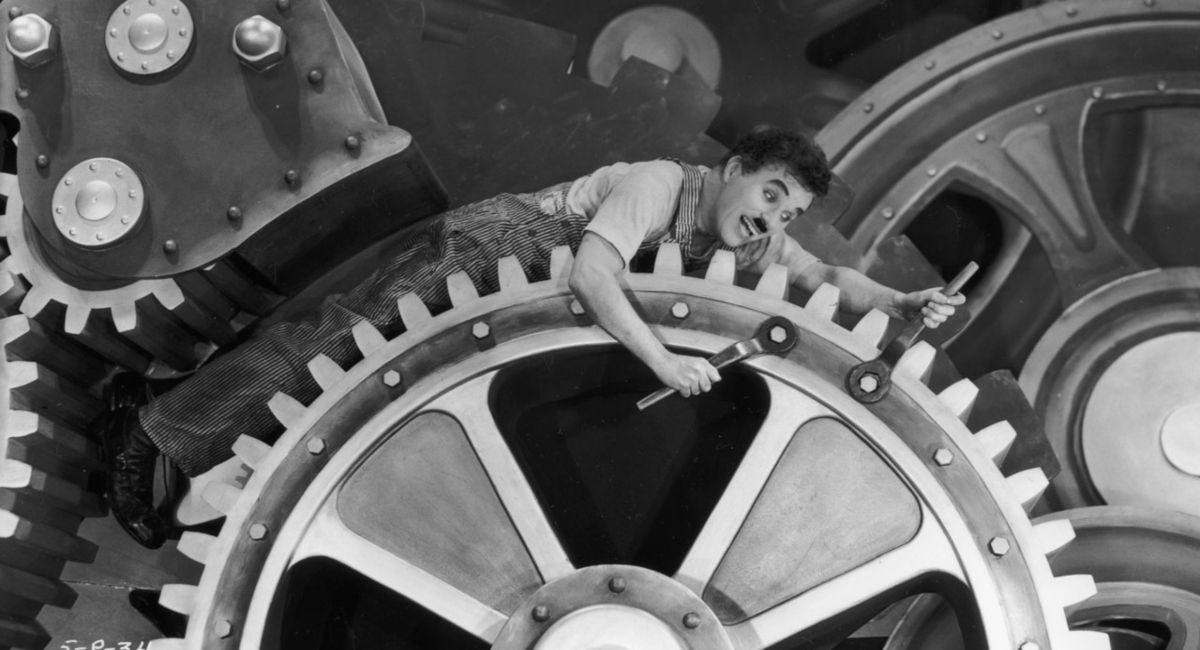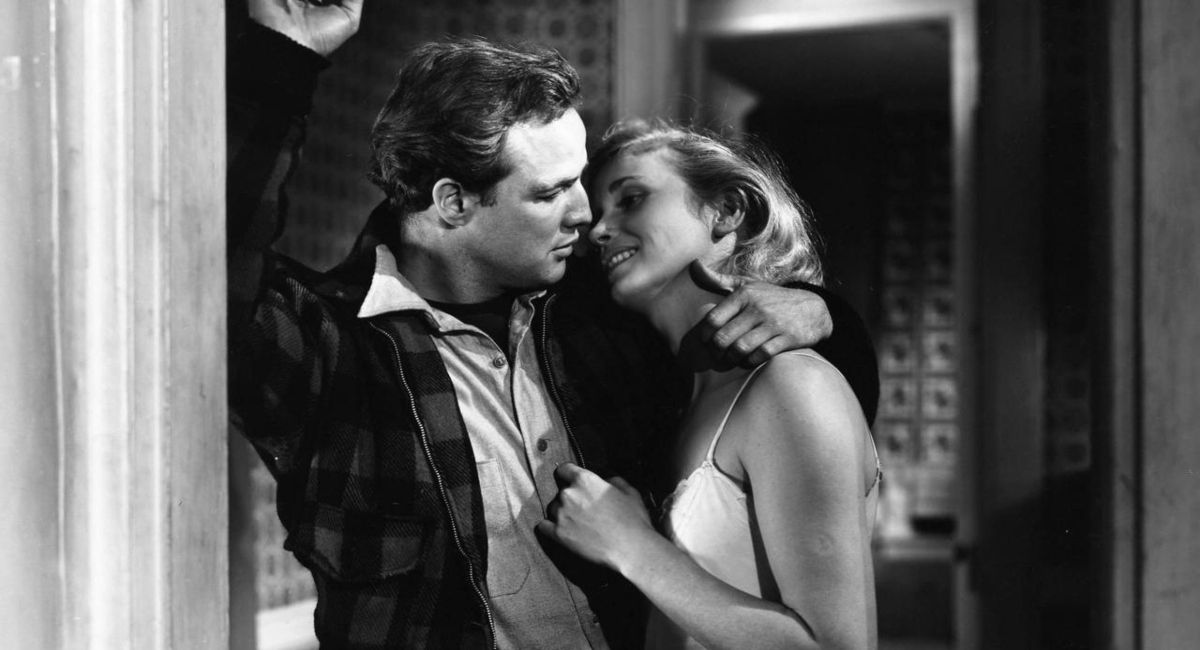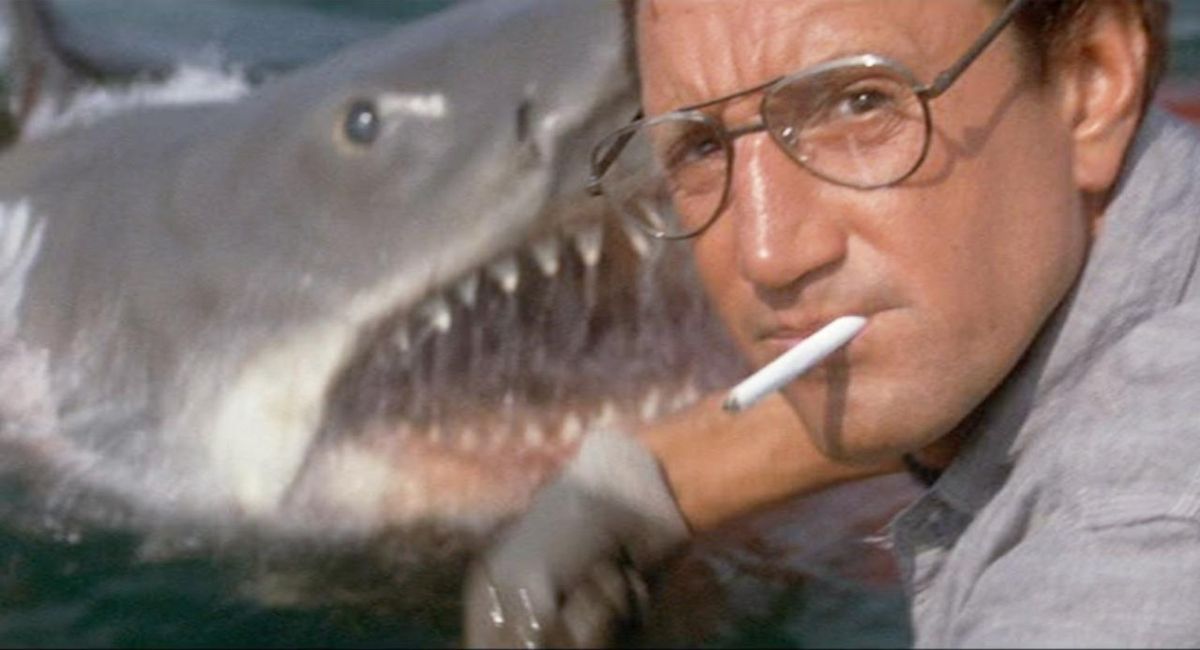One of the great sources of contention in films since the days of the silent movie era — labor vs. capital, the struggles of working people, and the exploitation of the lower classes — has always been relevant. Not only a source for good storytelling, but a reflection of where our world is going. Whether it be the dystopian worlds depicted in the near future or the plight of labor unions, major struggles of class and economics have only been exasperated. However, blue-collar heroes are reflected in many fights. Whether it be in an office or workers reaching beyond their expectations to do an act so extraordinary, these stories have a universality to them that create a feeling of timelessness.
10 Matewan
John Sayles has made a career of making gritty, blue-collar independent films that show the hardships that working and poor people go through. True to the nature of his style, Matewan is based on the true story of coal country miners joining forces to unionize against exploitative employers. Chris Cooper stars as the organizer who pushes against the wealthy class. As they dodge taxes and keep one without giving the workers a fair share, the film turns violent. As the oppressed class is meant to be intimidated by violence. As Sayles turns the final act into a near Western, we see the lengths the wealthy will go to prevent any revenue loss, even if it means murder.
9 Unstoppable
Tony Scott’s insatiable appetite for destruction is only seconded by Michael Bay. In a film whose plot structure is loose and bare, Scott manages to wring tragic affectations out of a runaway train. Mixing in a new love for color filters, experimenting with various shutter speeds, and his patented, always revolving camera, Unstoppable is an insanely entertaining piece of action cinema. Showing his love for the working class with Denzel Washington and Chris Pine playing two unlikely heroes, Scott's films shows how to stick it to the corporate man. The breakneck speed, practical effects, and sheer tenacity of a screaming runaway train never stopped Scott from his love of actors, giving them equal measure to give emotional stakes to the insane premise.
8 Paterson
Not the blue-collar martyrdom of union workers sacrificing their bodies for fair wages, but Paterson embarks on depicting the heroic moments of finding poetry in the daily interactions of a bus driver. Zen master Jim Jarmusch's directorial style finds the sublime in the minute details of the dry, boring parts that make up a day. Adam Driver stars as the bus driver named Paterson, who aspires to be a writer and poet. His performance is decorated in subtlety as he attempts to find what's beautiful and bare in what some may consider a soul-crushing job. While in a town of little privacy, everyone seems to know each other. It’s a feat of gorgeous filming, where Jarmusch takes a relatively small, minuscule production and creates a heartfelt universal story.
7 Blue Collar
A directorial debut that cut right to the heart of an anti-capitalist zeitgeist, Blue Collar was Paul Schrader's introduction to the world as a director. With a great lead trio of Harvey Keitel, Richard Pryor, and Yaphet Kotto as three union workers being taken advantage of by their company, the three set off to pull off a daring heist to take back what’s theirs. The film weaves in cutting sociopolitical themes and how race relations cause tension in the workplace. Blue Collar remains relevant because of how working-class struggles have been exasperated by greedy business owners today and how technology threatens their way of life.
6 The Crowd
King Vidor's The Crowd is a film about getting lost in a machine and the struggles of working people in a new metropolis. In New York in 1928, with new jobs, offices, and skyscrapers, we see the city as a tremendous maze with mammoth architecture, where people disappear into anonymity. Vidor’s vision takes a newly married couple, John (James Murray) and Mary (Eleanor Simmons), through the wringer as they struggle to make a life together. The struggle for John to find his place in a world that will happily toss him aside when his work productivity slips is a devastating look at trying to find meaning in everyday life. King Vidor's silent film sings thematically as his messages have only deepened.
5 Thief
Michael Mann’s debut set the blueprint for his gritty but painterly aesthetic depicting the due diligence of professional men, hard at work. Teaming together real-life crooks and cops of 1980s Chicago, Thief is a realistic look at the life of a blue-collar safe cracker who operates under his willpower and is “self-employed.” In a career-best performance, the late James Caan shines as Frank, the hard-nosed, authoritative, and wise-cracking thief. He gets caught up in a heist too big for his pockets, according to his employers, but in one scene, Caan epitomizes the importance of workers having ownership of their labor. It's a film about principles, staying true to yourself, and how the criminal underworld will chew up and spit out those who can't handle the heat.
4 Good Will Hunting
A film about a mathematical genius may not seem like the story of a working-class hero, but Good Will Hunting is exactly that. The film goes to great lengths to show the plight of poor, working-class people in the south of Boston. Ben Affleck and Matt Damon’s script does an excellent job of showing brotherly camaraderie as a necessity and the struggles of so many who wish to blossom from the roughneck neighborhoods they came out of. Also, using the Robin Williams therapist character to give Damon’s Will Hunting a window into his soul because they both come from blue-collar backgrounds. It’s a moving drama as good as any that wants people to be better than they are.
3 Modern Times
Charlie Chaplin takes his legendary character “The Tramp” and uses his pantomime, comedic guile to critique the growing modernization of technology that started to shape the workplace. Modern Times sees Chaplin nearly victimized by the new world. He loses all sense of independence and identity, as his talents as a performer are rendered meaningless, thrust into the workplace. The gags are hilarious, but the sentiment is heartfelt — home is where the heart is. The Tramp finds love and hits the road, abandoning all sense of responsibility to the new world as he strives to find meaning in his own work.
2 On the Waterfront
An American classic from old Hollywood stalwart, Elia Kazan’s morally repugnant, steely, and gritty look at the life of dockworkers sent a shockwave through cinema. In a career-making, iconic “I could’ve been a contender,” performance from Marlon Brando, On the Waterfront pits the dreamy Terry Malloy against corruption union organizers and criminals. Shot in gorgeous black and white noir photography from the lens of Boris Kaufman, Kazan's film gets to the heart of crime eroding the middle class as they struggle to make ends meet.
1 Jaws
The 1975 masterpiece Jaws is the origins of pop cinema and blockbusters, but is also a fabulous film about blue-collar people working against the waves of capitalism and greed that harm individuals. As a killer shark lurks in the crystal blue waters of the fictional Amity Island, devouring people that come near it, the politicians of the Island keep the beach open. But, as the problem looms, its three men, grizzled, drunk, and avenging, ultimately take down the shark. The reluctant but myth-making actions of Richard Dreyfus, Robert Shaw, and Roy Scheider are the perfect working-class dynamics to a stunning piece of terror. Jaws remains a seminal classic because of the sympathetic characters and the pitch-perfect set pieces from the maestro, Steven Spielberg.

